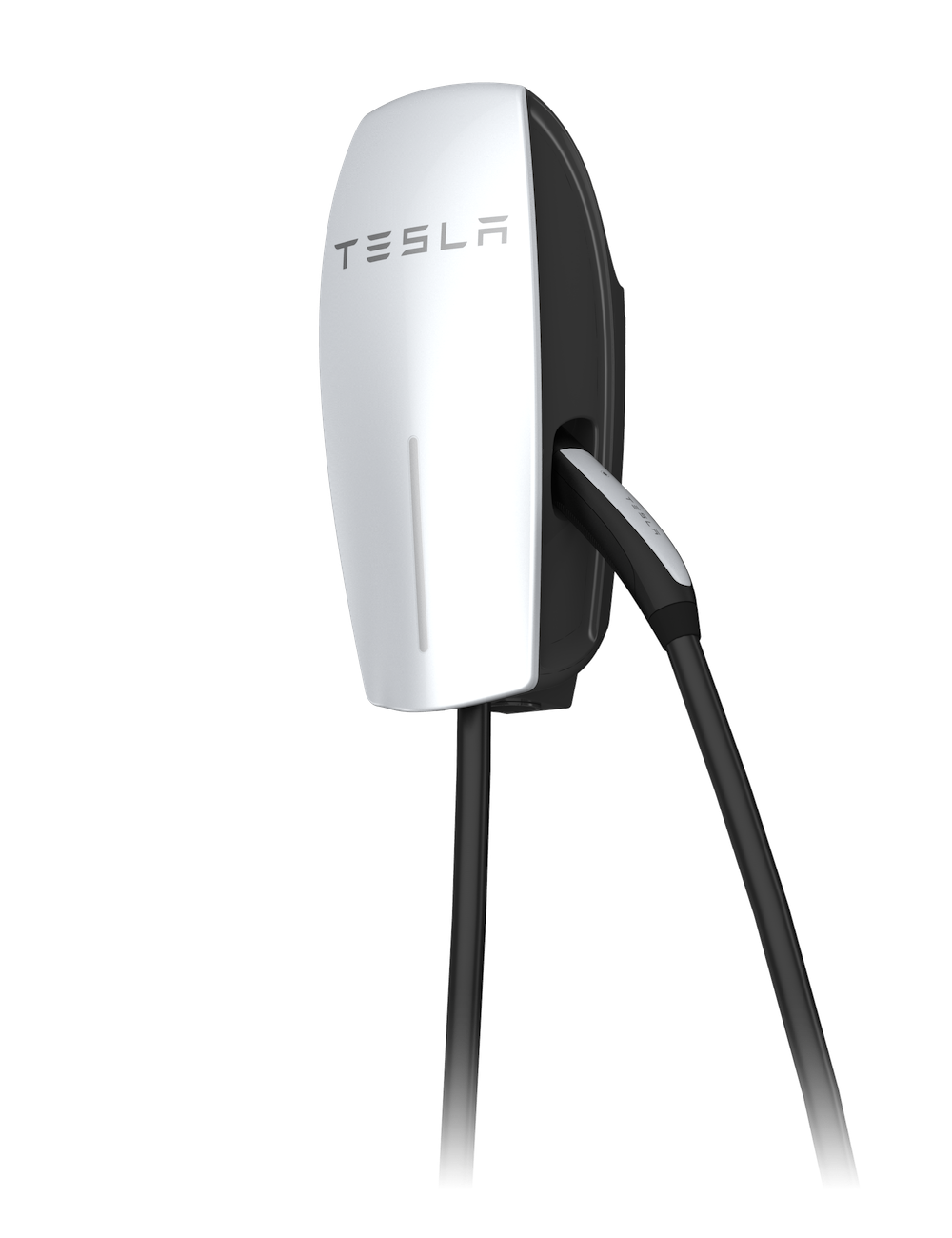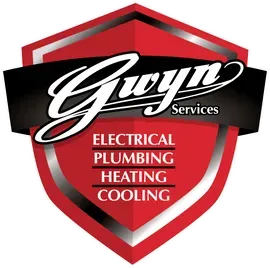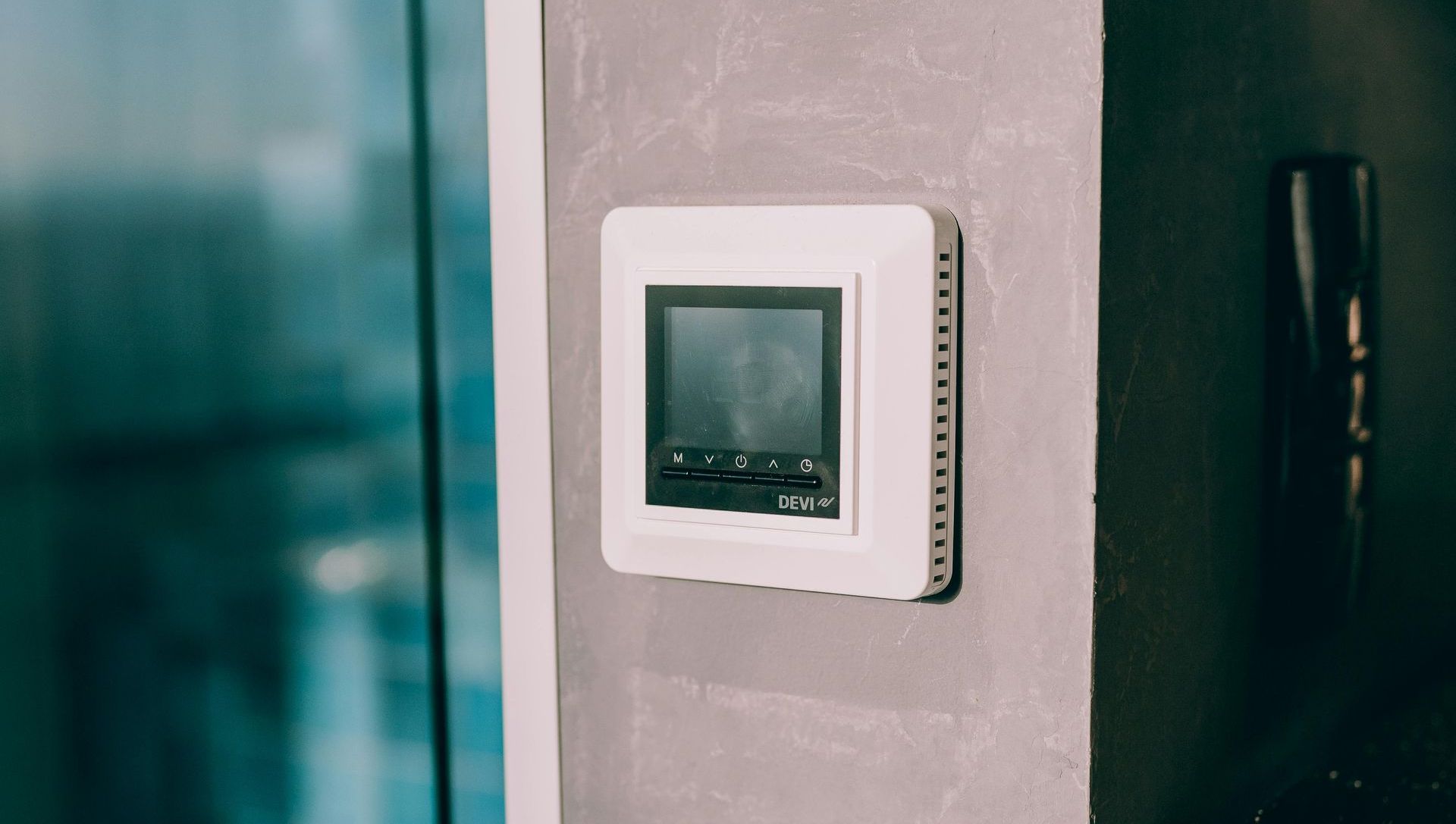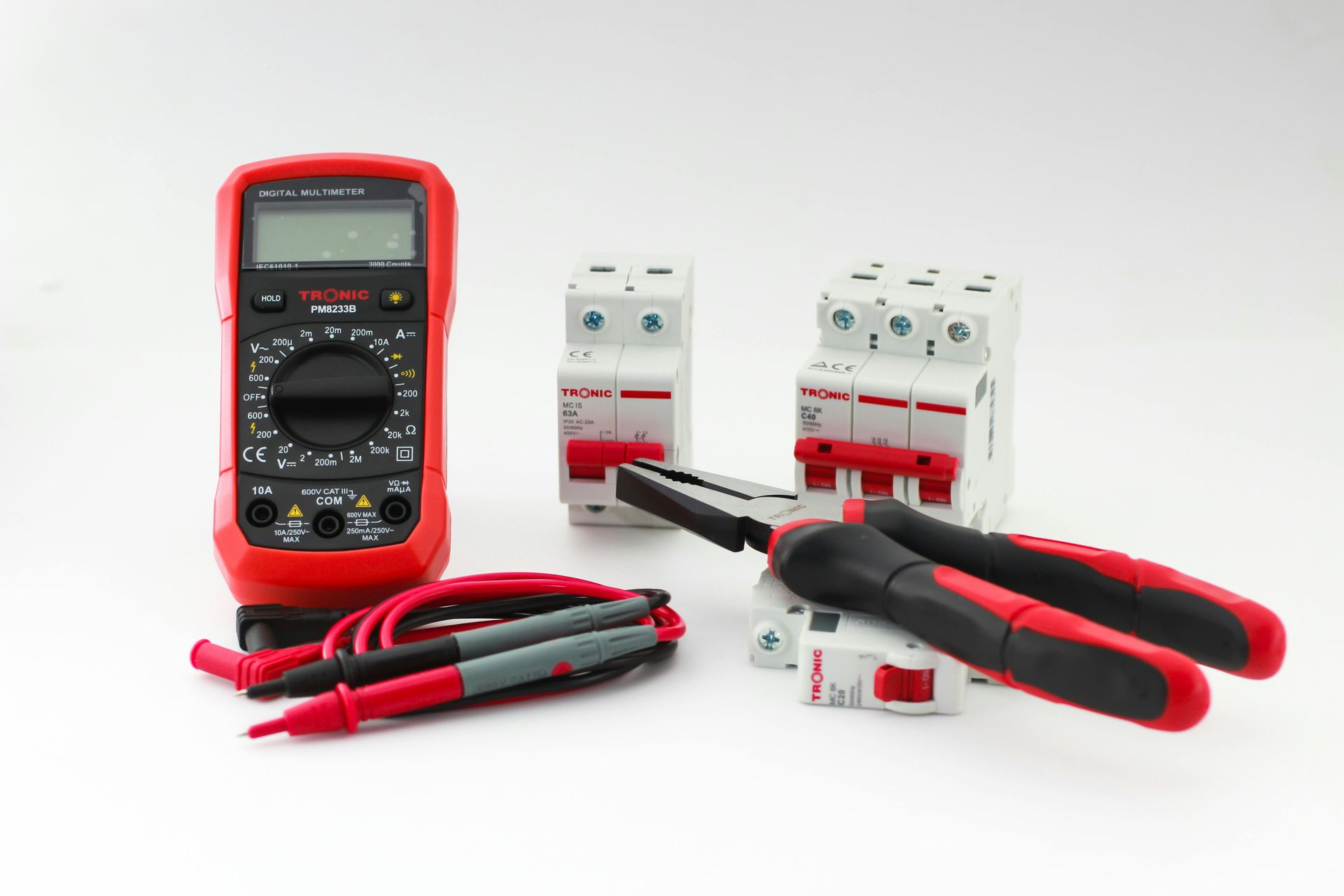Electric Vehicle Home Charging
Trust Gwyn Services to equip you to charge your new electric vehicle with ease and comfort at home.

Leave it to the EV Charging Experts.
We are the first Tesla-certified installer in Winston-Salem, and we also have the experience and knowledge to install residential and commercial charging systems for all major Electric Vehicle makes and models. We are proud to offer expedited quotes, competitive process, and our celebrated 5-star customer service to you as you bring your new green vehicle home!

$100 Off EV Installation
** Receive $100 off a installed EV Charger from Gwyn Services Today. Click the button below to schedule your free estimate now! **

EV FAQ
Check out common questions asked when it comes to your EV charging installation.
EV Charging Map
Find your nearest charging station with this helpful map.






